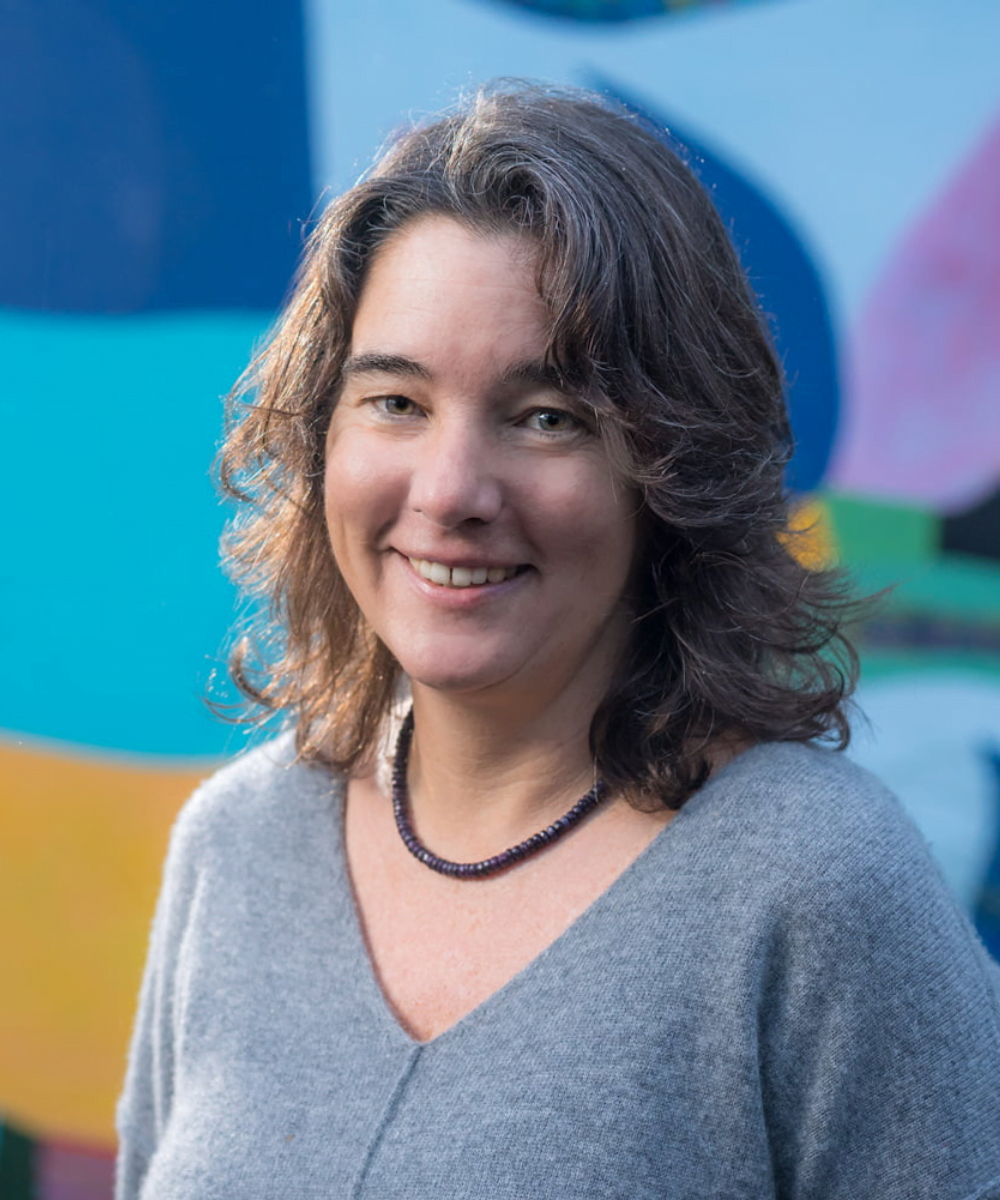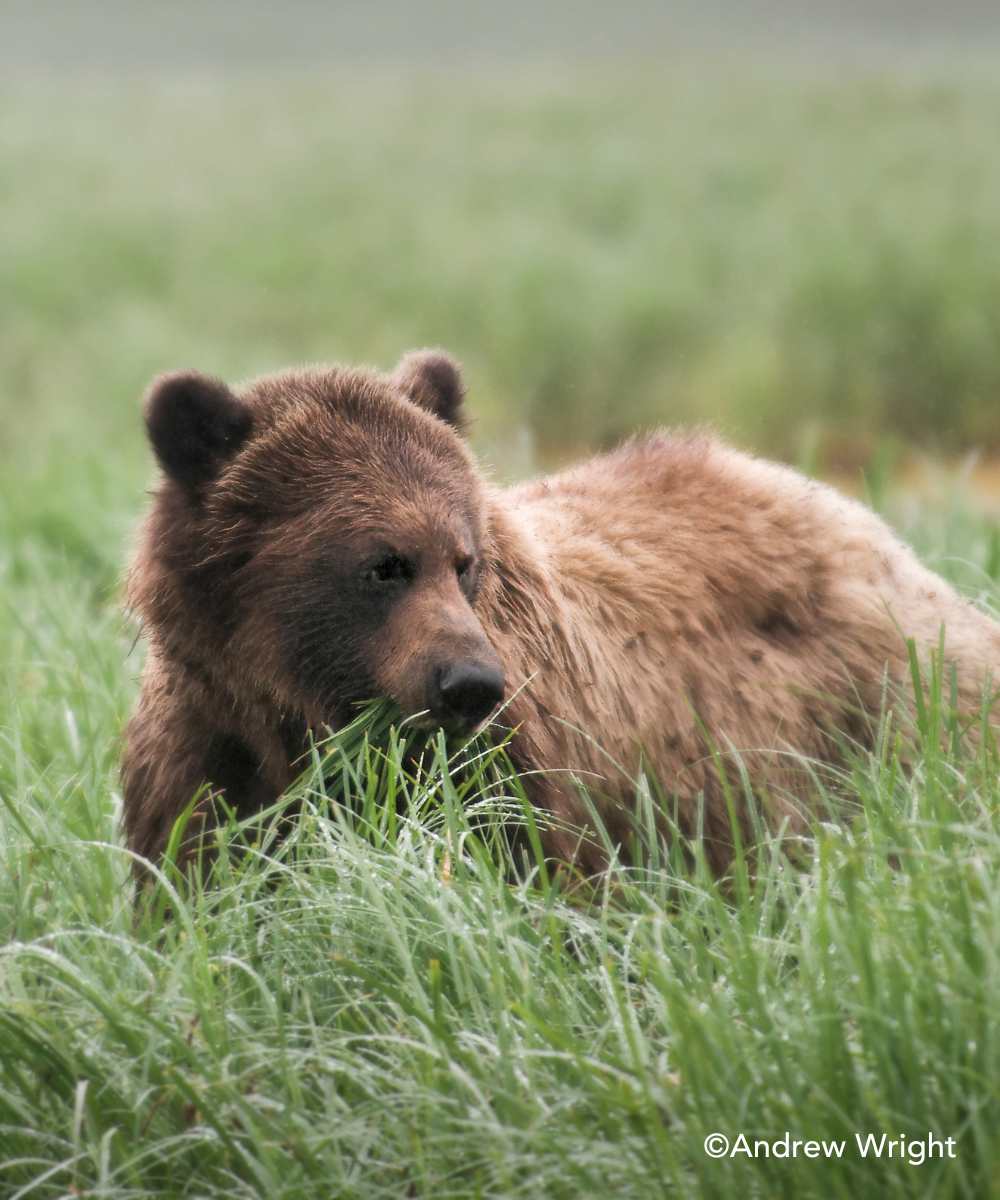A conversation with Canopy's Neva Murtha
Published:
Author:
Laura Repas
Type:
Published:
Author: Laura Repas
- Type: News
Neva Murtha is Canopy's Senior Corporate Campaigner. For more than 20 years, she's helped partners realize new ways of doing business to protect Ancient and Endangered Forests. We sat down with her to discuss how her role — and Canopy — have evolved.
"I work with brand and producer partners to help them develop policies designed to protect vital forests and explore how they can scale existing Next Gen Solutions to diversify their fibre needs, while moving away from Ancient and Endangered Forest fibres." she said.
"We started working with the book publishing sector in Canada. Then, we expanded to magazines. Our work on the Harry Potter series in Canada was so impactful that it received recognition globally, and we started to advise publishers around the world on their practices," Neva said.

In 2003, Canopy secured J.K. Rowling and Raincoast Books to print the fifth Harry Potter book on 100% recycled paper in Canada, the only edition of 55 printed around the globe on paper free of Ancient and Endangered Forests. The author loved what Canopy did, and told all of her publishers that she wanted to see them print her books on recycled paper free of these vital forests, and in 2005, seven countries used recycled paper for the 6th edition of Harry Potter. The 7th book was printed on recycled paper in 24 countries.
In the early days, Canopy created the EcoPaper Database (EPD) to help partners find products that did not use Ancient and Endangered Forests as feedstock, but "we didn't know what it would become today," Neva said. "Originally, the EPD included a handful of book papers. Then, we added magazine papers because of our magazine work; we worked with Canadian Geographic to publish one issue on a custom made paper with 20% wheat straw. We had to bring the wheat straw pulp in from China because there was no commercial scale pulping capacity in North America to provide the volume of wheat straw to blend into paper for Canadian Geographic. And we had to get a paper mill to agree to do it. So we had some bales of wheat straw pulp sent to this mill around the Great Lakes. The mill couldn't do 100% wheat straw, so they blended it with recycled and virgin content. Twenty years ago, people didn't believe you could get a nice looking magazine that was printed on 100% recycled content paper!"
"A decade later, we were working on forest conservation, translating the policies we developed with publishers into conservation on the ground in support of the Canadian Boreal and The Great Bear Rainforest. Then our work went global. With CanopyStyle, we started working with global brands, partners, and producers. Initially, we were constantly cold-calling and trying to get in to see people to help them embrace new policies. Once they understood what was going on with their paper, packaging, and viscose sourcing, they really wanted to do the right thing by making sure they weren't sourcing from Ancient and Endangered Forests," Neva said. "We have so many people contacting us now because they have seen us in the media and in their industry sectors, and because they know of our impacts to conserve forests."
Helping brand partners embrace new ways of sourcing materials for their products and packaging requires a variety of tactics, however. "From the very beginning of our conversations, we start talking about Next Gen Solutions as a way to alleviate pressure on forests. Utilizing agricultural residues left over after food production, so they aren't grown in competition with food crops, or recycled textiles help plant the idea that these materials are an alternative to using Ancient and Endangered Forest fibres, and they've got a lower carbon and biodiversity footprint. From there, our conversations get specialized based on the needs of the brands."

Interest in Canopy's work was already increasing rapidly, and COVID accelerated companies' motivations to be more sustainable and have a lighter environmental footprint. "COVID really impacted the companies that were already looking for sustainable solutions. Canopy was at the forefront 20 years ago and we are now supporting what's becoming more and more mainstream, because everybody wants to be doing the right thing," Neva said. "People get very emotional about forests. Since we need to help keep forests standing to help mitigate the climate crisis, more and more people are seeing the need to act now. There has also been a sea change where a lot of people see the world differently post-COVID and are re-organizing their priorities."
When companies begin to learn about alternatives to Ancient and Endangered Forests, they get really excited. "First, we discuss the value of Ancient and Endangered Forests. Then, partners become aware of solutions when they hear us talk about the benefits of Next Gen Solutions. They're available annually, can take less water and energy to pulp, and use feedstock that's already in the system. People are excited and curious about how their company can access what already exists or what they can do to help scale additional solutions," Neva said. "We need a lot more Next Gen pulp, paper, packaging, and viscose available than what's currently being made. The feedstock is there, it's just not being collected and utilized optimally yet."
Next Gen Solutions as a way to reduce the human footprint on forests are what makes Canopy particularly unique among environmental organizations. But, Next Gen investments will see the scale of production capacity needed to offer these lower-footprint solutions. "It's essential that we look at what is currently an abundant waste product and collect it, refine it, clean it, pulp it, and turn it into a product that is far more circular than the current system," Neva said. "It makes us unique. We love collaborating with people in this space."
To Canopy's supporters, Neva said, "As a nonprofit, our funding comes from foundations and individual donors. We don't take a corporate donation fee or membership fee and that allows us to maintain really integral, high-bar requests of our brand and producer partners. Every donor's support has been absolutely valuable to helping us make an impact for 20+ years. So, thank you."









